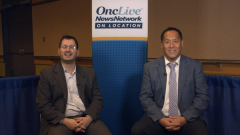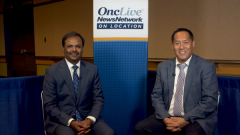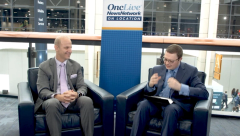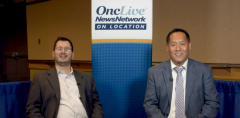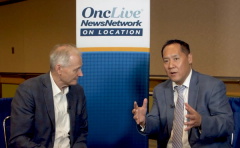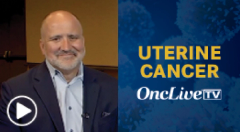
Dr Marshall on Updates in CRC Following the 2024 ASCO Annual Meeting
John L. Marshall, MD, discuss updates in colorectal cancer management at the 2024 ASCO Annual Meeting.
Episodes in this series

John L. Marshall, MD, chief, Hematology and Oncology, professor, medicine and oncology, director, Otto J Ruesch Center for the Cure of Gastrointestinal Cancers, Georgetown Lombardi Comprehensive Cancer Center; and Chandler H. Park, MD, FACP, medical oncologist, Norton Healthcare; clinical assistant professor, University of Kentucky; medical school professor, University of Louisville School of Medicine; Kentucky medical oncologist representative, National Comprehensive Cancer Network®; Kentucky physician representative, State Executive Council, American Society of Clinical Oncology (ASCO), discuss updates in colorectal cancer (CRC) management on
Park begins by asking about the implications of
This French-led study randomly assigned patients with colorectal liver metastases that were deemed unresectable by a multidisciplinary review. All patients had liver-only disease. Patients were assigned to either continue to receive standard chemotherapy or undergo a liver transplant. TRANSMET produced groundbreaking data that support the consideration of liver transplants for patients with unresectable liver-only metastases, Marshall expands. This study indicates that for truly unresectable cases, getting patients on a transplant list could be a viable path to a potential cure, adding another tool for surgeons to use to try to cure metastatic CRC, he says.
The treatment of patients with metastatic CRC has evolved significantly, Marshall says. Initially, patients typically received chemotherapy. Then, standards moved toward resecting oligometastatic disease in the liver or lungs, then changed to include localized treatments. Now, the CRC treatment paradigm is extending these boundaries even further, he adds. There is still much to learn about the biology of metastatic CRC, and ongoing research aims to uncover these complexities, Marshall concludes.



